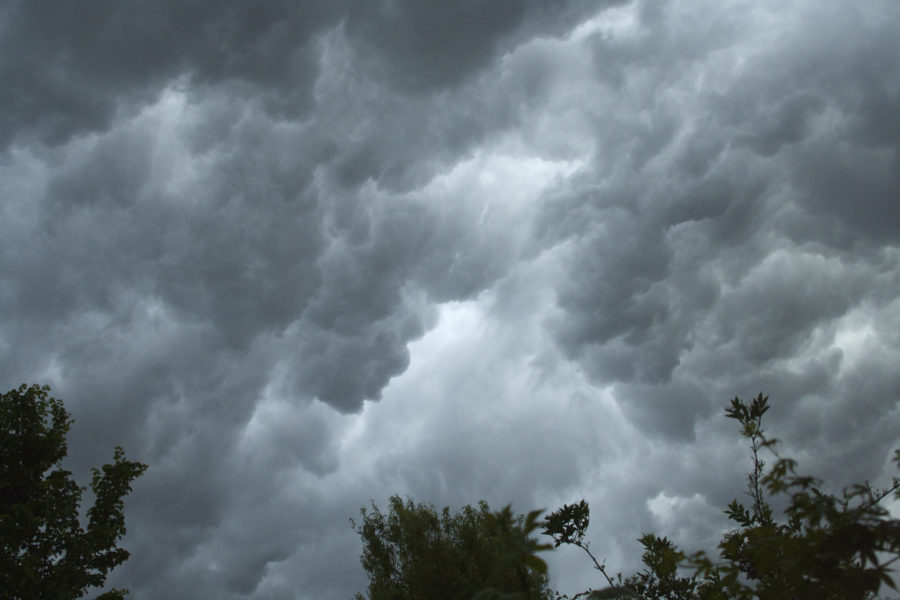Alan
In April, we recommended this superb Stranger article by Seattle teacher Sean Riley about the huge potential benefits of returning to mandatory racial integration of public schools, aka, bussing. These past few months, I have been catching up on public radio podcasts. I was spellbound by this 2015 edition of This American Life. It’s on the same theme but focused on St. Louis. The crux: “[the] various kinds of school reforms [that] administrators have tried to close the achievement gap [between white and black students] never seem to work. . . . [but] there’s one reform that people have pretty much given up on, despite a lot of evidence that it works – school integration.” (More from the reporter who anchored the podcast is here and here.) These stories impress me as a researcher, because of the compelling evidence that bussing works to improve schools for disadvantaged kids, while little else does, yet bussing is almost entirely absent from school-reform agendas. Repeat: we have known for decades how to close the education gap. Bussing is the solution. But we don’t do it. That fact speaks volumes.
The articles strike me personally, too. I came up through Seattle Public Schools in the brief (and retrospectively shining) period of mandatory bussing, just like Sean Riley. I learned so much from the diversity of my peers. I wonder sometimes how this childhood experience shaped my own commitment to, and perspectives on, race and equality.
Anna
You may have heard about this one already and then stuffed it deep inside, never to be mentioned again. That would be a normal response. Yale opinion research finds consistently that most Americans consider climate change personally important, but their latest national survey of US voters reveals that more than half of those who are interested in global warming or think the issue is important “rarely” or “never” talk about it with family and friends.
From Vox: Mass incarceration in America, explained in 22 maps and charts.
Serena
I’ve just finished the brilliant Seattle local Lindy West’s memoir Shrill. It is at once hilarious and hard-hitting—a stunning, page-turning series of reflections on being a writer (and a writer on the often vicious internet), being female, being fat, being funny (good god, SO funny), and being fierce. Prepare to laugh so hard you cry, to shake your head at some of the garbage she’s endured, and to look at the world a little (or a lot) differently after reading this gift of a book.
Keiko
What was 25 million years old, larger than the United Kingdom, and contained more biodiversity than all of Europe? The Great Barrier Reef. This year, the phenomenal reef passed away largely due to ocean acidification and climate change. You can read the obituary here. 🙁
And in the off-chance that you haven’t heard about the Northwest “storm of the century” hitting as I write… get ready.


Comments are closed.